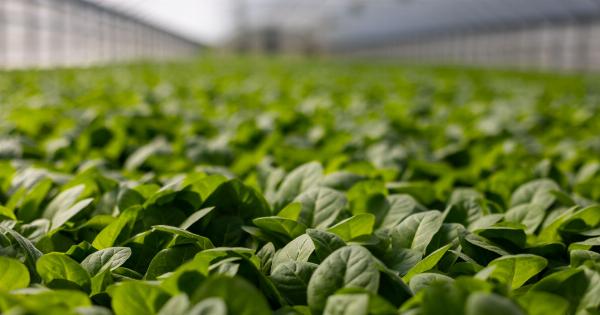Potatoes have been a crucial part of our diet for centuries. It is one of the most widely consumed vegetables globally, yet it is hardly noticed or talked about as much as other vegetables such as broccoli, kale, or cauliflower.
But are potatoes the most underrated vegetable of all time? Do they deserve more attention than they receive? Let’s find out.
History of Potatoes
Potatoes were first cultivated in the Andean region of South America around 7,000 to 10,000 years ago. Spanish explorers brought them to Europe in the late 16th century, and from there, they spread across the world.
The potato became a staple crop in many countries and was a vital source of food during times of famine.
Nutritional Value of Potatoes
Potatoes are a great source of complex carbohydrates, which provide a slow release of energy, keeping you fuller for longer. They are also high in fiber, with one medium-sized potato containing about 2-3 grams of fiber.
Potatoes are also rich in vitamins C and B6, minerals such as potassium and iron, as well as antioxidants that help protect against disease and illness.
The Versatility of Potatoes
Potatoes are an extremely versatile vegetable. They can be boiled, baked, mashed, roasted, fried, grilled, or even turned into chips. They can be served as a side dish, incorporated into soups, stews, or curries, and even used in desserts.
Potatoes are a fantastic ingredient to have in the kitchen as they pair well with many different types of dishes and can be spiced or flavored in a way that suits any cuisine.
Potatoes and Culture
In many countries, potatoes hold great cultural significance. In Ireland, the potato famine of the mid-1800s devastated the country, causing widespread death and migration.
The potato remains a symbol of Irish identity and an essential part of their cuisine. In the United States, potatoes are a staple food and feature prominently in dishes such as French fries, mashed potatoes, and potato salad.
Potatoes and the Environment
The potato is one of the most sustainable and easy-to-grow crops worldwide. They require less water and fertilizer than other vegetables such as corn or beans, making them ideal for farming in arid or drought-prone regions.
Potatoes can also be grown in nearly any soil type, making them an accessible and affordable ingredient.
The Stigma Against Potatoes
Despite the many advantages of potatoes, they have been given a bad reputation in recent years. Some people believe that potatoes are an unhealthy food due to their high carbohydrate content, leading to weight gain. However, this is a myth.
Potatoes are a nutrient-dense vegetable that can be part of a healthy diet and lifestyle.
Potatoes and Health
Contrary to popular belief, potatoes are not inherently unhealthy. Potatoes are a low-fat, low-calorie food that can be included in a balanced diet. They are also rich in potassium, making them a heart-healthy food that can help reduce blood pressure.
Potatoes also contain resistant starch, a type of starch that resists digestion in the small intestine, making you feel fuller for longer and helping to control blood sugar.
Conclusion
Potatoes are a fantastic vegetable with a rich history and undisputed versatility. They are an essential part of many cuisines worldwide and have sustained entire populations during times of famine.
Potatoes are also a healthy and sustainable food that can be grown easily and with minimal environmental impact. The next time you’re considering what to cook for dinner, consider adding potatoes to your meal plan. They are a highly underrated vegetable that deserve more recognition and appreciation.






























